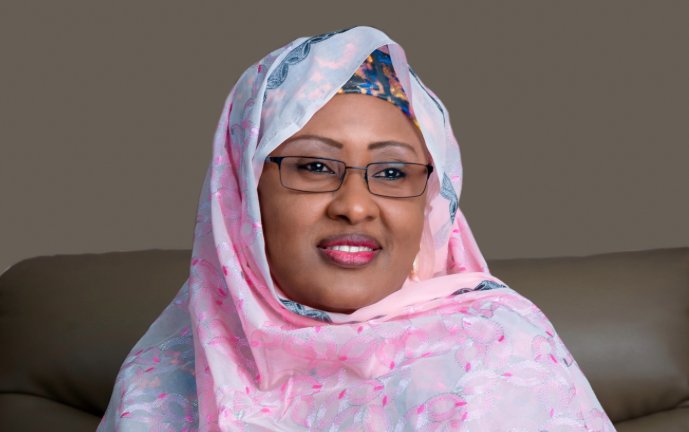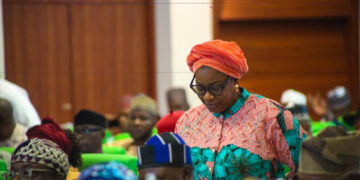Couples from different backgrounds converged on Ibadan over the weekend under the auspices of the Global Centre for Healthy Relationships and Leadership (GCHRL) to proffer lasting solutions to the noticeable rancours in families just as they emphasized the need for women to be financially empowered, no matter how small, so as to relieve their husbands in the day to day running of the households.
While emphasizing the need for couples to be open-minded and ensure compatibilities before going into serious relationships, the forum specifically enjoined stakeholders to “avoid faulty foundation which may be counter-productive in the long run”.
A communique issued and signed by the GCHRL Initiator and President, Dr. Lawrence Olajide-Taiwo, at the end of the Family Affairs programme held inside the Botanical Gardens of the University of Ibadan, expressed concern over the rumblings emanating from unhealthy relationships between leaders and followers at all levels, the genesis of which was traced to their homestead, and concluded that the negative trends could be checkmated with the exhibition of genuine love, trust, integrity and team spirit by those concerned.
In their submission, the women group, remarked that men should be blamed over majority of the rancours in the families “because most men are cheats” adding that “many men fail to give full attention to their wives barely months after the honeymoon.” The women group further accused several men of not appreciating their wives enough for their efforts in the day-to-day maintenance of the homefront.
“When you take good care of a woman, she is ready to care for you and also give you her all,” the women group reiterated.
But the men group, in their own submission, faulted the women in some areas alleging self-pride, sexual denial and being morally naïve, among others, saying it would be difficult for two masters to paddle a canoe.
The forum however called for tolerance, mutual understanding and sincerity of purpose among couples to achieve harmonious coexistence, healthy relationships and leadership while urging them never to discuss their disparities in the presence of their children.















